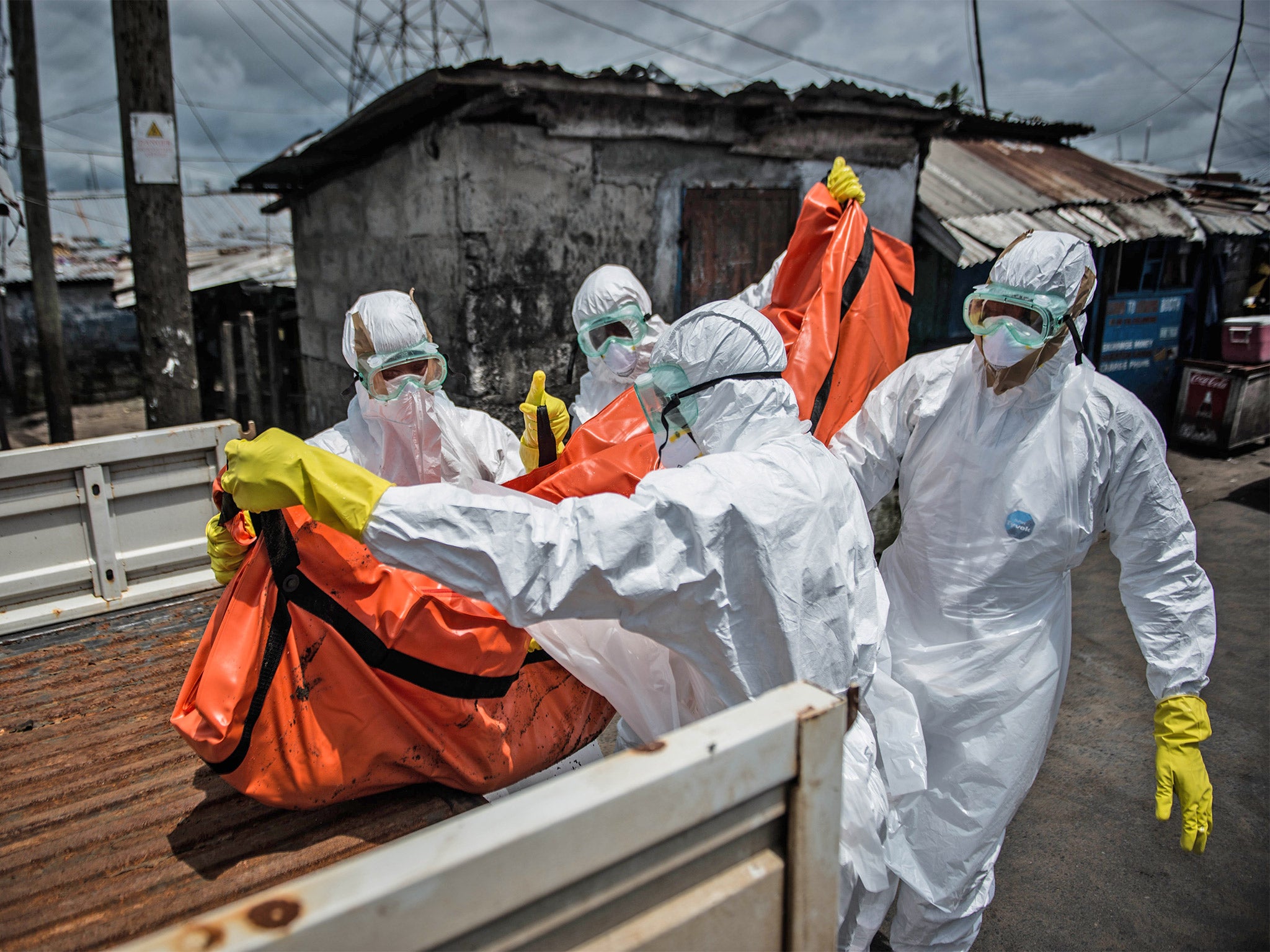Ebola outbreak: 'Sixty days to save West Africa'
Disasters Emergency Committee launches unprecedented appeal to tackle ‘catastrophe’ of Ebola

West Africa is 60 days away from a “humanitarian catastrophe”, the Disasters Emergency Committee (DEC) has warned, launching an unprecedented appeal to secure millions of pounds to fund the fight against Ebola.
It is the first time the DEC – an umbrella group representing 13 aid organisations including Oxfam, the British Red Cross and Save the Children – has called for the support of the British people in response to a disease outbreak.
Tomorrow every major broadcaster in the country will carry the appeal, which calls for donations to pay for the running of treatment centres, the provision of protective clothing to medical workers, and the protection of children orphaned by a disease that has already killed nearly 5,000 and threatens to infect more than a million people by the new year.
“In its 50-year history the DEC has launched appeals for humanitarian disasters caused by floods, famines, earthquake, typhoons, and countless conflicts. We have never run an appeal in response to a disease outbreak – until today,” said the DEC’s chief executive Saleh Saeed. “In West Africa we are seeing a disease create not just a medical crisis but a humanitarian emergency. Without urgent action to stop the spread of Ebola and to help those affected by the crisis, parts of West Africa face catastrophe within 60 days.”
Despite repeated warnings that the failure to control Ebola in Liberia, Sierra Leone and Guinea could result in a death toll in the tens of thousands, transmission rates continued to outstrip the international response, the UN Secretary General Ban Ki-moon said yesterday.
Speaking alongside Mr Ban in Ethiopia, the World Bank’s president Jim Yong Kim said the three affected countries needed 5,000 more doctors but, as the scale of the challenge facing the world becomes clear, wealthy nations appear increasingly divided between those willing to shoulder their international responsibility, and those who are pulling up the drawbridge. Australia has said it will refuse entry to anyone from the affected countries. Meanwhile a British expert working in Sierra Leone has criticised the British government’s decision to cancel direct flights to the region. Dr Oliver Johnson, director of King’s College London’s Sierra Leone Partnership, said the Gambia Bird Flight had been the best means of transporting medical supplies.
He also appealed to NHS trusts to join the fight. “I need NHS trusts to say, ‘Yes we can spare just one doctor, for a couple of months to help this effort’,” he said. More than 800 NHS staff have volunteered to help to treat those affected by Ebola.
Join our commenting forum
Join thought-provoking conversations, follow other Independent readers and see their replies
Comments
Bookmark popover
Removed from bookmarks